
Slowing down and truly listening: Jahna Cedar’s approach to leadership
Posted on 18 Feb 2026
When Nyiyaparli woman Jahna Cedar travels to New York next month as part of the Australian…
Posted on 12 May 2025
By Greg Thom, journalist, Institute of Community Directors

Good Things Australia Foundation and Down Syndrome Australia digital champion Alanna Julian had a simple message when she addressed attendees at the recent Infoxchange Technology for Social Justice conference in Melbourne: never give up on someone with a brain injury.
Hello everyone. My name is Alana Julian.
I'm the digital champion and I'm part of the digital champion project with Down Syndrome Australia and Good Things Australia.
The digital champion project is made up of myself and nine others with intellectual disability who are trained to facilitate workshops with people with intellectual disability to help to keep people safe online.
Just a little bit about myself.
My hobbies are I like singing and am a member of a band. I do dancing. I also do swimming. I also enjoy going to concerts and musicals as well as going to the gym.

I have goals in my life that I would like to achieve.
My first goal is to have my own public speaking business. Now, when I say public speaking business, I'd like to train people with intellectual disabilities and help them become public speakers and train them, so that they can train other people to become public speakers.
Another goal of mine is I'd like to do public speaking talks. Not just in Australia, but internationally.
Technology is very important to me. I've used technology for a very long time in my life. I use technology for social media, so like a lot of people I like to use Facebook and Snapchat.
I also enjoy watching streaming services on the laptop. I love watching Netflix and I also enjoy watching Disney Plus as well.
I also enjoy listening to music on my phone. My favourite music app to listen to is Spotify.
Now I'm just going to talk a little bit about intellectual disability.
There are different reasons why someone might have an intellectual disability. It could be because of a gene chromosome like Down syndrome.
It could be things that happen during birth or health problems. Or it could be injuries or environmental factors.
Just sharing a bit about myself, I had an incident that happened in birth that caused me an intellectual disability, and I was diagnosed with that at five years old.
Then when I was 17, I was unfortunately hit by a car where I sustained a brain injury. Now with my brain injury and my intellectual disability, it affects my short-term memory but doesn't affect my long-term memory.
People assume because of my brain injury, there's a lot that I'm not capable of, but I'm capable of a lot of things such as being able to live independently, have a couple of jobs, study and travel.
I'd like to teach people to simply never, never give up on someone with a brain injury. They’re capable of so much with the right support.
The important things on how I learn best.
I'm a slow learner, but when I'm supported effectively, I like to learn by visual ways, steps broken down and directions demonstrated to me.
I like to teach people to simply never give up on someone with a brain injury. They are capable of so much with the right support.
"I'd like to teach people to simply never, never give up on someone with a brain injury. They’re capable of so much with the right support."
I think technology is important for everyone.
A good story I'll share about technology is when I was 15, I formed a friendship online. It was a safe online chat program, and I formed a friendship online with someone who lived in Canada. It was an online chat program to meet friends all around the world.
I of course, lived in Australia.
With my Canadian online chat friend, we had a 15-year friendship. He supported me through everything; I supported him through brain cancer. He sadly passed away some years ago, but I'll never forget the special friendship we had.
In 2016, I was at a conference like this and there was a competition.
I entered the competition with an idea to make a social media platform for people with intellectual disabilities, to form friendships, and this was inspired by my friendship with my Canadian online chat friend.
I have friends with disabilities who struggle to make friendships online. This also inspired me to make this platform.
In regard to the competition that was based around people with disabilities coming up with different technology ideas. I did not win the competition.
However, someone approached me at the conference to ask me if I wanted to create the platform with them and invest financially as well in it.
It was a lot of hard work and took six months, but we got there in creating it. I decided to make the website free.
It has moderators and a code of conduct. We make sure everyone is safe when using it.
Even on that website, they post about events and share information about the NDIS as well as their own events and phone friendships have been formed for success stories I've heard, and relationships are being formed on the website.
It's a good feeling to see people using it. It really feels surreal that I thought this is really happening, that this website is being actively used.
While being a digital champion, I've learned how to avoid online scams and how to teach others to avoid scams, and how to share a meeting as well.
My job as a digital champion is to give people with intellectual disability the tools to use technology safely.
It's really important that people with intellectual disabilities are invited to conferences such as this, so we have a voice.
Thank you for inviting me to speak and thank you for listening.
Allana Julian is an entrepreneur, job coach, drama teacher and Special Olympian. She is passionate about creating a more inclusive community and uses her skills in public speaking, tech and advocacy to educate people about issues impacting the disability community.

Posted on 18 Feb 2026
When Nyiyaparli woman Jahna Cedar travels to New York next month as part of the Australian…

Posted on 11 Feb 2026
Rev. Salesi Faupula is the Uniting Church’s moderator for the synod of Victoria and Tasmania. Born…
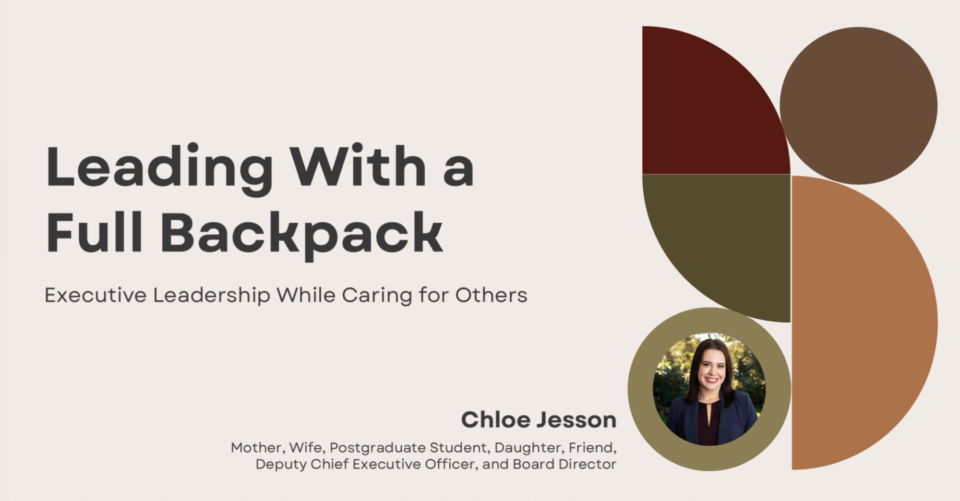
Posted on 04 Feb 2026
At the Third Sector leadership conference in Sydney last year, Queensland health executive Chloe…
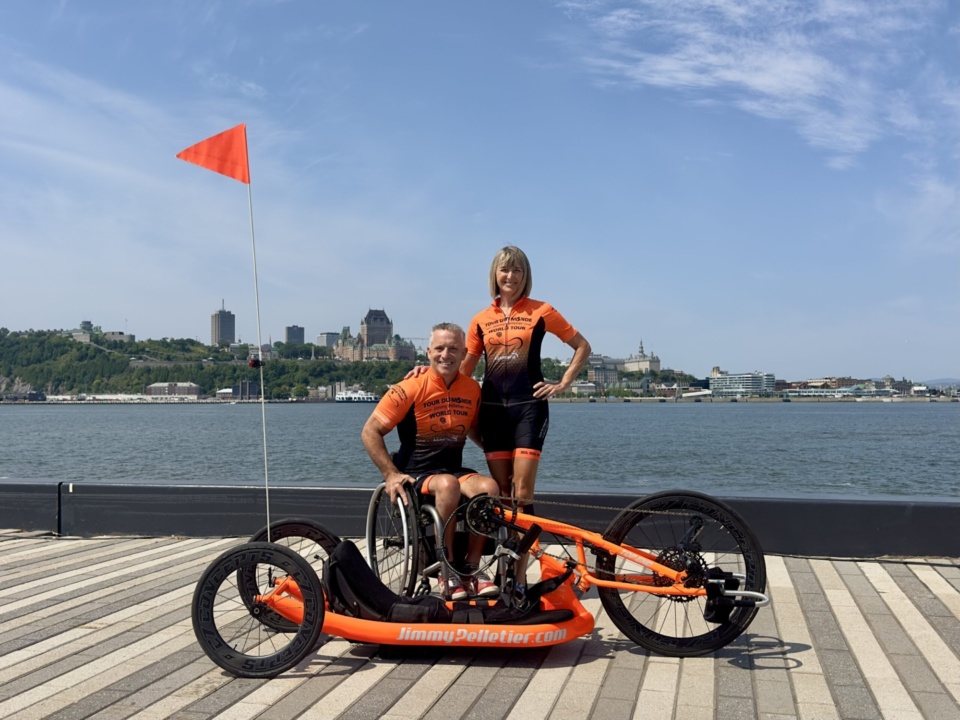
Posted on 28 Jan 2026
French-Canadian Jimmy Pelletier, who lives with paraplegia, is six and a half months into a…
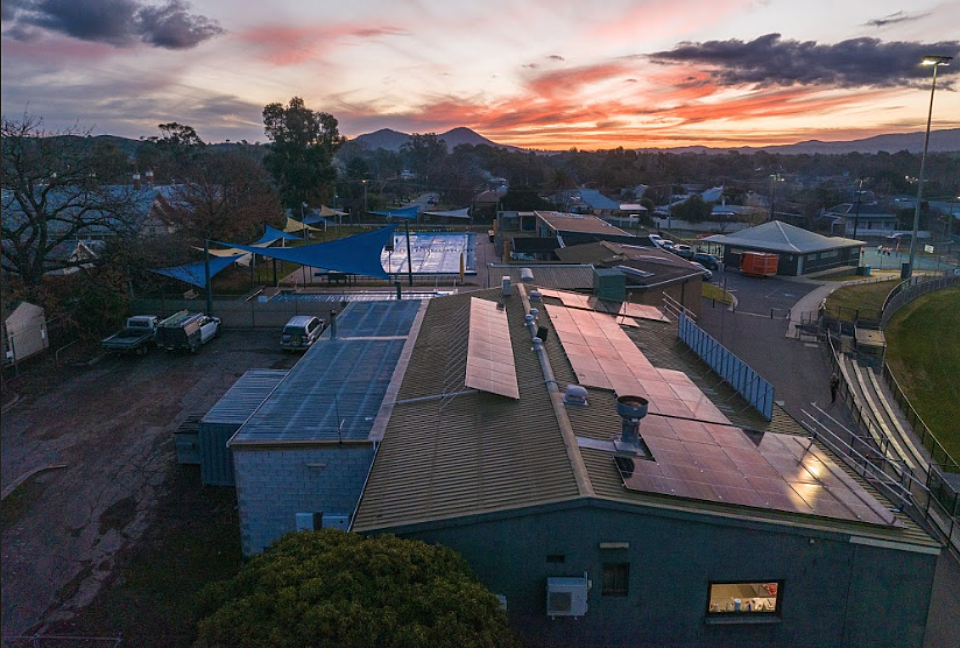
Posted on 16 Dec 2025
Lex Lynch spent more than two decades in the climate change and renewables field before last year…
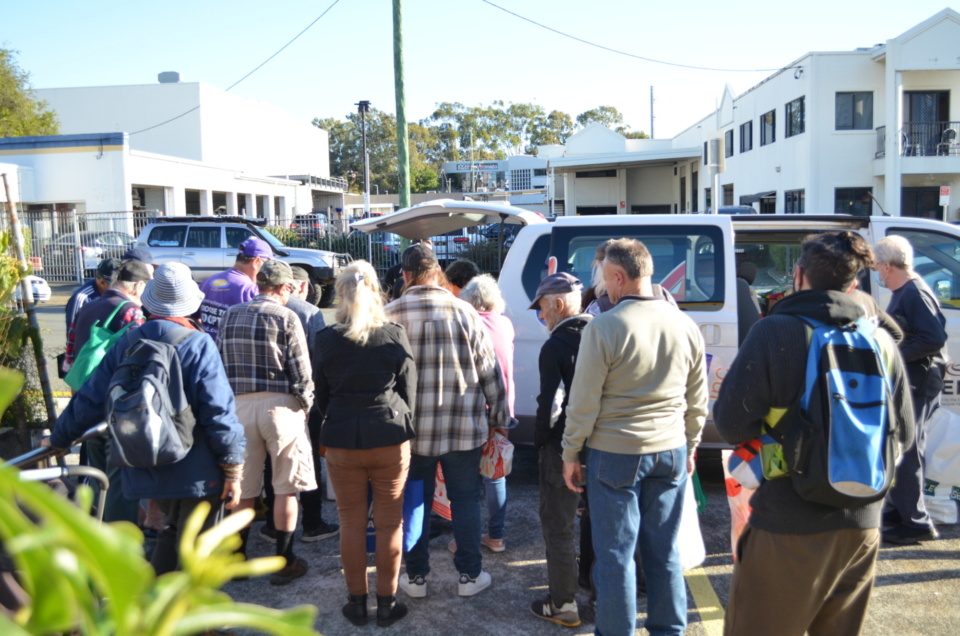
Posted on 10 Dec 2025
A long-time advocate for rough sleepers in northern New South Wales has been named her state’s…
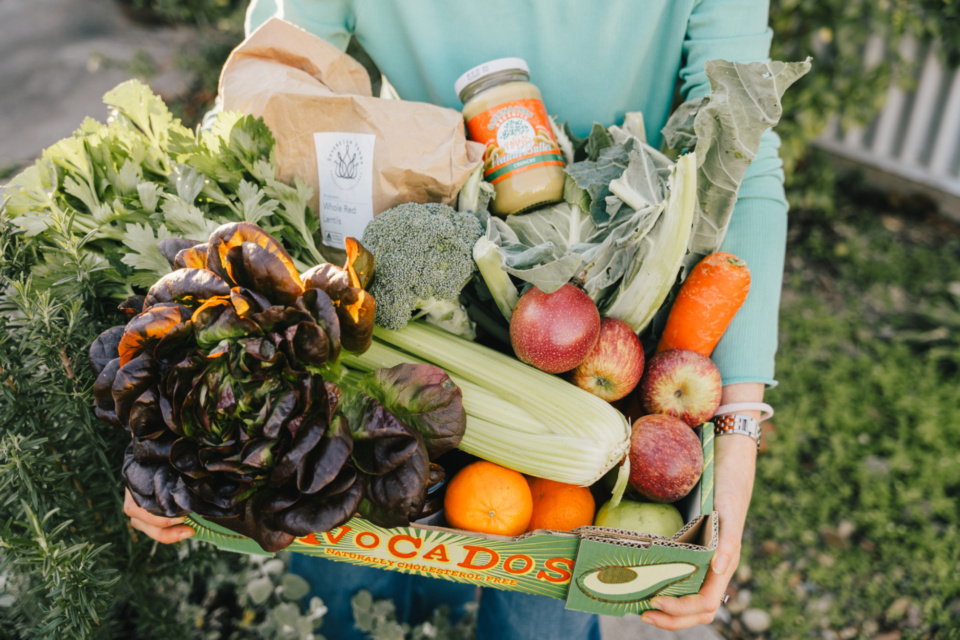
Posted on 03 Dec 2025
Emma-Kate Rose is the co-CEO of Food Connect Foundation, working with communities to support the…
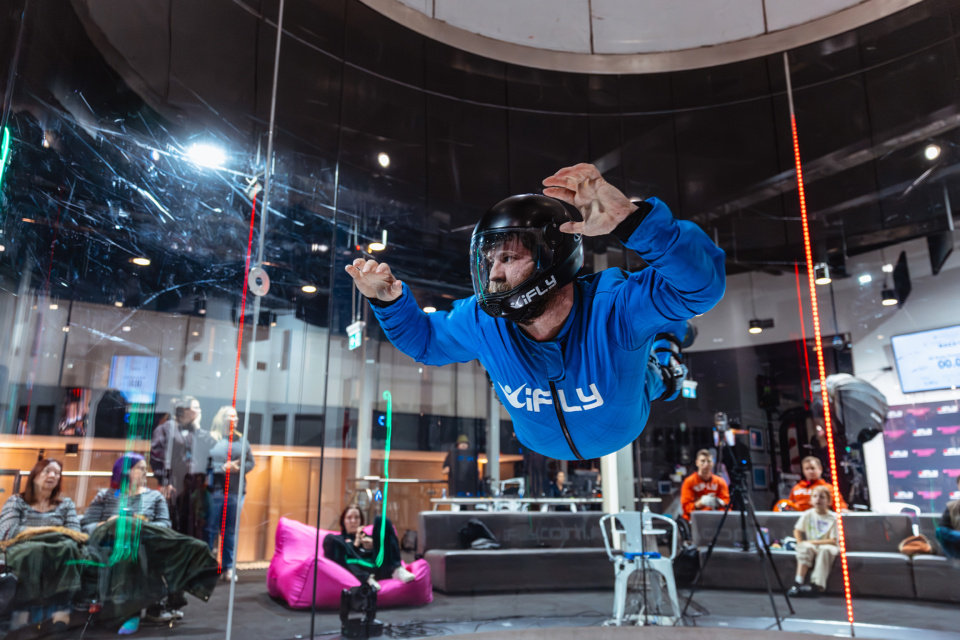
Posted on 26 Nov 2025
Next Wednesday, December 3, All Abilities ambassador Greg Pinson will be celebrating the…
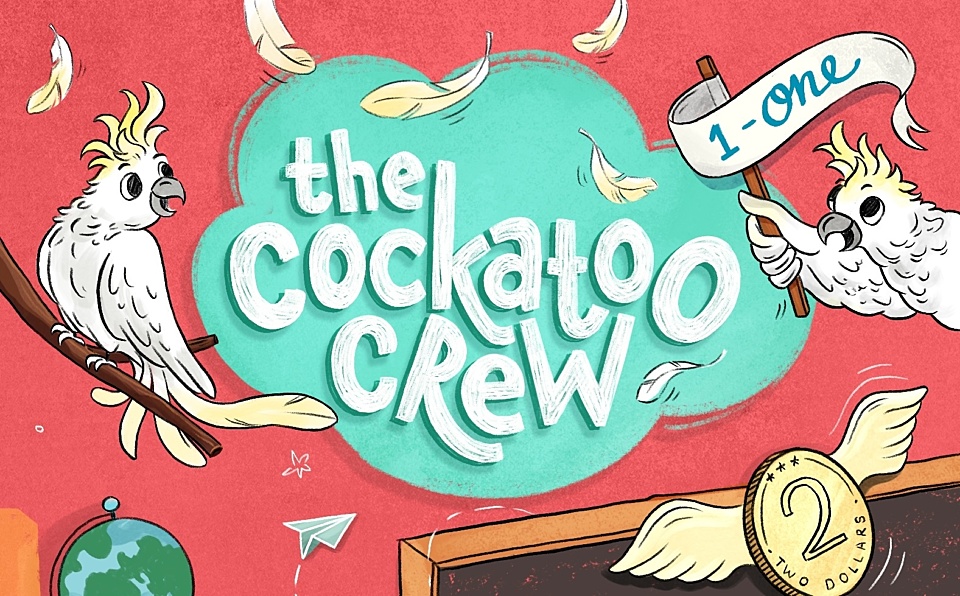
Posted on 19 Nov 2025
Lora Inak is the author of the Cockatoo Crew books, a new children’s fiction series (illustrated by…
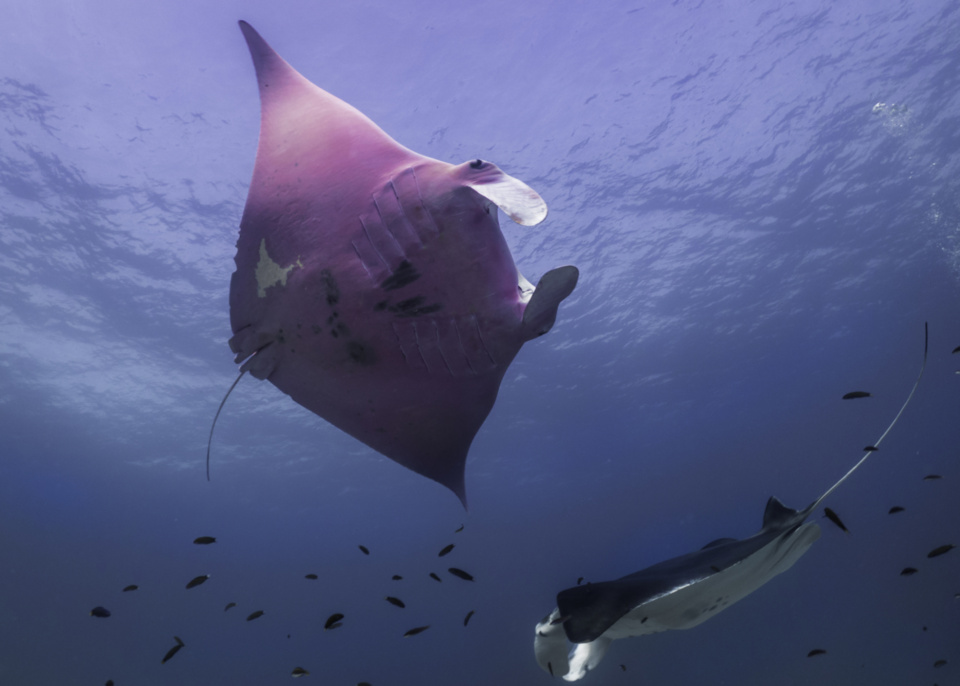
Posted on 11 Nov 2025
Project Manta, a long-running scientific study that includes a citizen scientist component, is…
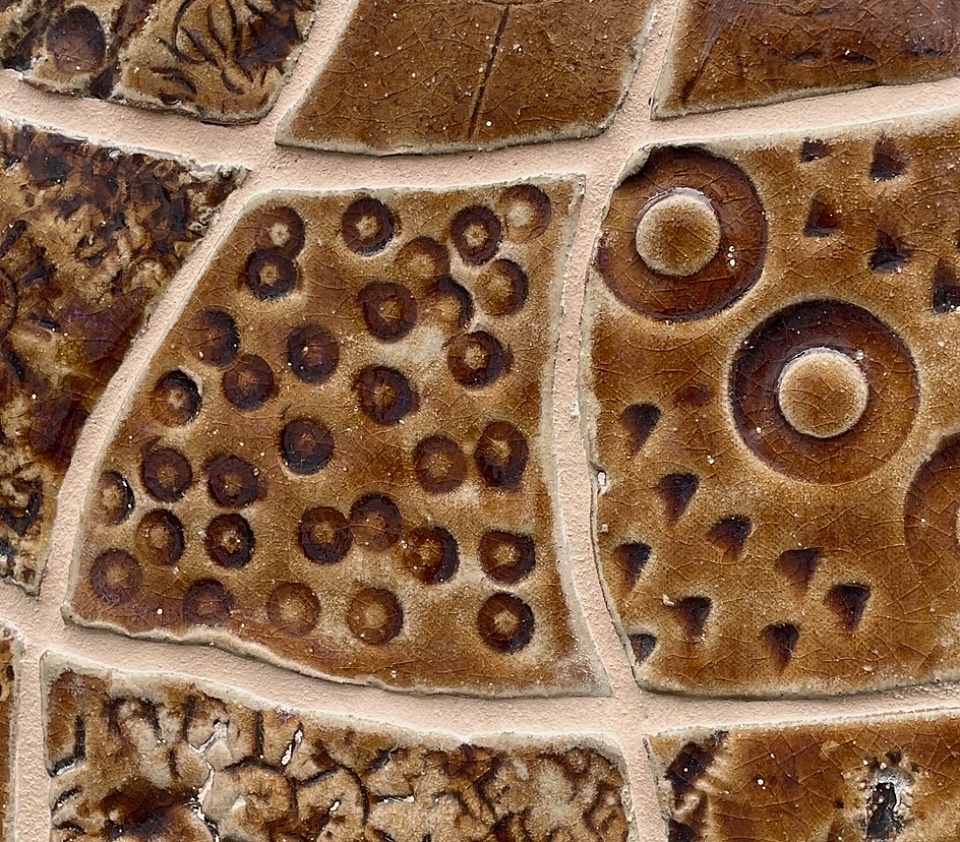
Posted on 04 Nov 2025
Diamando Koutsellis is the CEO of the not-for-profit Australian Ceramics Association, as well as a…
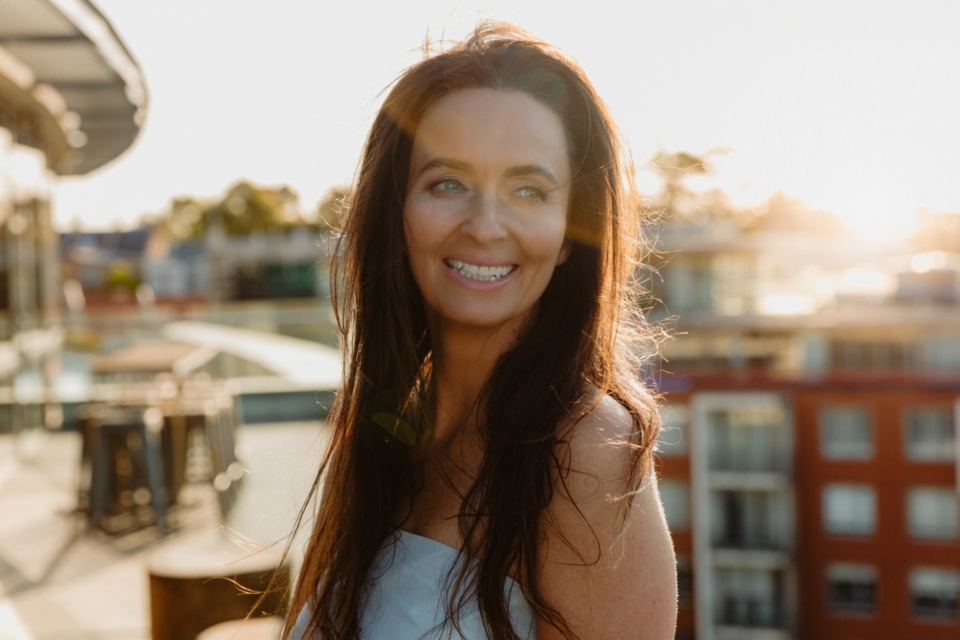
Posted on 28 Oct 2025
Mandy Richards is the founder and CEO of Global Sisters, a charity reinventing employment,…